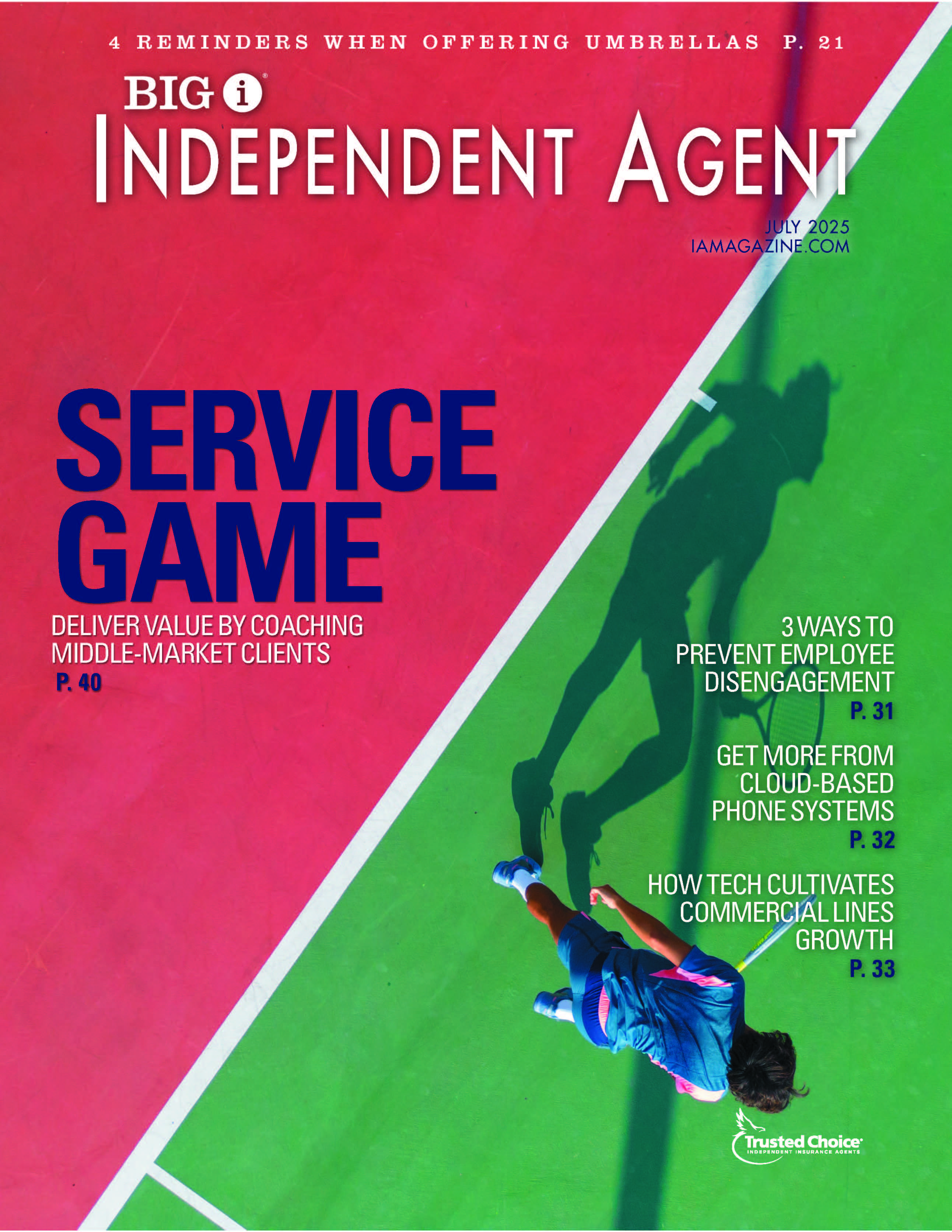To Be Discontinued: Is an ‘Occurrence’ the Date of Installation or Injury?

By: Big “I” Virtual University Faculty
A pool contractor is insured on a commercial general liability occurrence form, ISO CG 00 01 04 13, and is selling the business. All of his jobs are complete. If he cancels the CGL and a claim arises in 2021 but the pool was built in 2020, would the 2020 policy respond, assuming the injury occurred in 2021 due to faulty workmanship in 2020?
Q: Is the occurrence the date of faulty installation or the date of the injury? Does he need discontinued operations general liability? If so, for how long?
Response 1: The first issue is that faulty workmanship is excluded from the CGL form, unless provided by a subcontractor under a written contract.
The Big “I” Virtual University has many articles you can read to determine the best path forward. Discontinued operations is a prudent way forward with a complete explanation for the policyholder.
Response 2: You should defer to the client’s attorney for that decision and not offer an opinion. In my experience, many attorneys rely on the statute of limitations to answer that question. The statute isn’t always a perfect bar to recovery by a plaintiff, and it doesn’t prevent a costly lawsuit.
From a practical standpoint, I’ve found that clients are willing to pay the premium for discontinued operations coverage for a few years, but after a while the pain becomes too great, and the fact that there have been no claims induces them to drop the coverage. I always go on record recommending the coverage be dropped only on the advice of the client’s attorney.
Response 3: Under the ISO standard CGL policy, the policy in effect when the bodily injury or property damage occurs is the one that applies—not the one when the work was done.
Why would the named insured cancel the policy? If the named insured retires, in order to provide insurance protection a products-completed operations policy will be necessary.
Response 4: The date of the work does not determine the occurrence date. That is determined by the date of the loss. Yes, he needs a discontinued operations policy. As to how long he needs to carry the coverage, he needs a lawyer to tell him that.
Response 5: The CGL says that it will respond to bodily injury or property damage that occurs in the policy period. If there is no policy in force when the damage occurs, there is no coverage. There are some courts that have taken a different view, but this is the majority view.
That’s why discontinued operations coverage is needed if the insured wants coverage in the future. The products-completed operations hazard begins when the job is completed, but that’s not the coverage trigger. The exposure could go on for some time. Some states have a statute of repose that might extend 10 years or more. This is a legal question.
Response 6: A CGL occurrence policy form requires that a covered loss occurs during a current policy. If your insured has a claim regarding injury or damages occurring in 2021, even if the work that caused the loss was completed in 2020, they will need a 2021 policy to report the covered loss to. Therefore, you will need to purchase discontinued completed operations coverage. ISO no longer has a completed operations category, so you will most likely be looking at the excess & surplus market.
Response 7: An occurrence form, as the name suggests, applies to losses that “occur” during the policy period. Sounds simple, but the state law gets in the way to define when a loss “occurs.”
Some states apply the “injury-in-fact” theory, stating that the injury or damage occurred when the work was done. Other states apply the “manifestation theory,” meaning that the injury or damage occurred when it became noticeable (manifested itself). You should check with a lawyer as to which one applies in this case.
Response 8: The CGL policy responds only when the bodily injury or property damage occurs during the policy period, not when the work is done. If your customer wants to be protected from past work, they will need to continue to purchase coverage, but only for discontinued operations.
Response 9: What are the statute of limitations and statute of repose terms in your state? You need liability coverage in place through both terms. A conversation with a construction attorney may be in order.
This question was originally submitted by an agent through the Big “I” Virtual University’s (VU) Ask an Expert Service, with responses curated from multiple VU faculty members. Answers to other coverage questions are available on the VU website. If you need help accessing the website, request login information.










